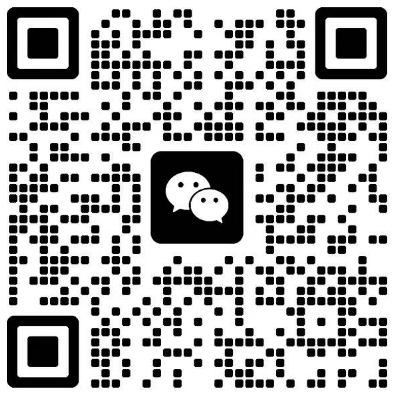
Introduction to Browser English Literature Translation
In the digital age, access to English literature has become more accessible than ever. However, for those who are not fluent in English, reading and understanding these texts can be a challenge. This article aims to explore the process of translating English literature pages in browsers into Chinese, providing a guide for readers to navigate and comprehend the content effectively.
Why Translate English Literature Pages?
Translating English literature pages into Chinese serves several purposes. It allows readers who are not native English speakers to enjoy classic works, contemporary literature, and scholarly articles without the language barrier. It also aids in cultural exchange, as it enables readers to gain insights into different cultures and perspectives.
Choosing the Right Translation Tool
The first step in translating English literature pages is to select the right tool. There are several online translation services available, such as Google Translate, DeepL, and Microsoft Translator. Each service has its own strengths and limitations, so it's important to choose one that suits your needs. For instance, Google Translate is widely used and offers instant translations, while DeepL is known for its accuracy and nuanced translations.
Understanding Browser Translation Features
Modern browsers come with built-in translation features that can be used to translate web pages directly. For example, Google Chrome has a built-in translation tool that can automatically detect and translate pages into your preferred language. To use this feature, simply right-click on the webpage and select Translate to followed by your desired language.
Manual Translation for Accuracy
While browser translation tools are convenient, they may not always provide accurate translations, especially for complex literary texts. In such cases, manual translation is recommended. This involves using a dictionary, grammar resources, and translation software to ensure that the translation is as accurate and faithful to the original text as possible.
Considerations for Literary Translations
Literary translations require a deep understanding of both the source and target languages, as well as the cultural context of the texts. Translators must consider idiomatic expressions, metaphors, and the overall tone of the text. It's also important to maintain the original author's style and intent.
Using Online Resources for Assistance
There are numerous online resources available to assist with literary translations. These include forums, blogs, and websites dedicated to translation and literature. These resources can provide valuable insights, tips, and examples of well-executed translations.
Reviewing and Editing the Translation
Once the translation is complete, it's crucial to review and edit it for clarity and accuracy. This involves checking for grammatical errors, ensuring that the translation flows well, and verifying that the meaning of the original text is preserved. It may also be helpful to have a second translator review the work to catch any missed nuances.
Conclusion
Translating English literature pages in browsers into Chinese is a valuable skill that can enhance the reading experience for many. By choosing the right tools, understanding browser translation features, and considering the unique challenges of literary translations, readers can overcome language barriers and gain a deeper appreciation for the world's literary treasures.





